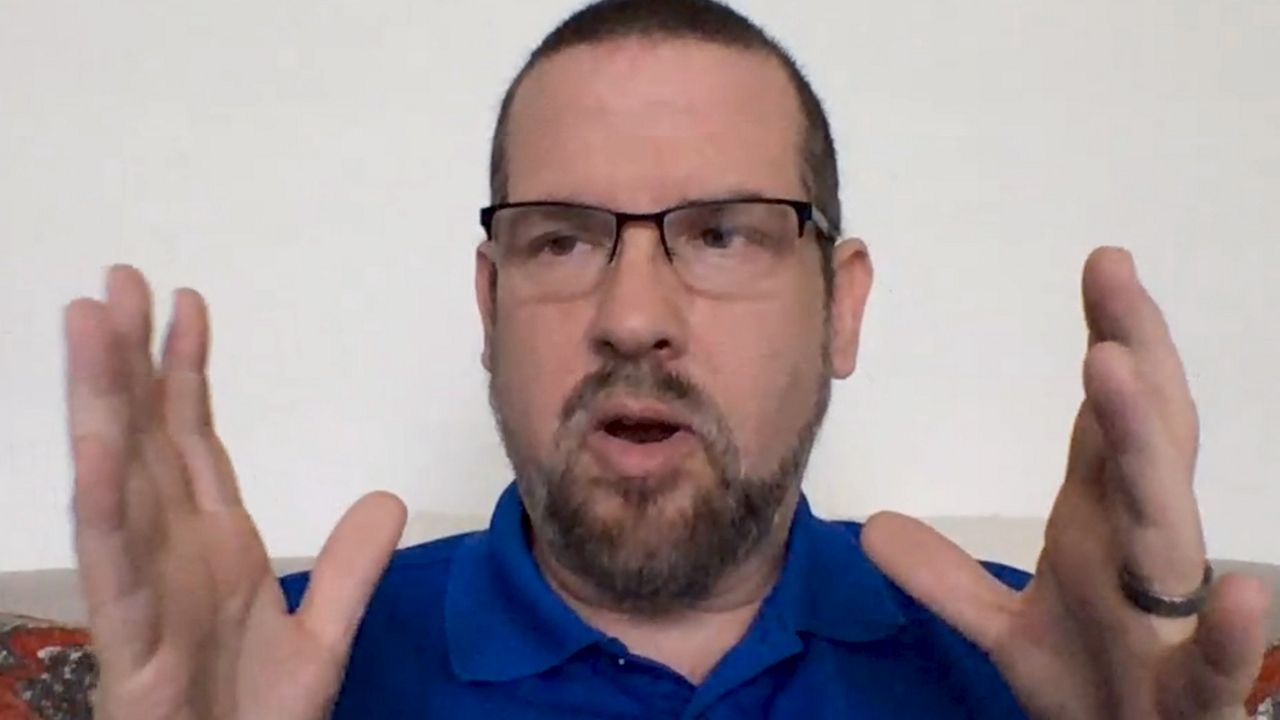MADISON, Wis. (SPECTRUM NEWS) – President Donald Trump is waging a war with Twitter after the social media platform put fact checks on his tweets about mail-in voting earlier this week.
As states like Wisconsin move to make mail-in voting easier by sending absentee ballot requests to all registered voters, Twitter says the president's tweets could confuse.
This week, the president claimed, without evidence, that mail-in ballots would cause substantial election fraud.
Twitter quickly flagged the posts leading President Trump to issue an executive order against social media companies Thursday—tweeting “this will be a big day for social media and fairness.”
The Trump administration seeks to limit the power of large social media platforms by trying to reinterpret a critical 1996 law that shields websites and tech companies from lawsuits.
“I think that's an interesting law that should probably be revisited, you know it's a very outdated law and I think the technology world has changed enough to justify a second look at that, but that's not something that's going to be done before the November election,” Steve Noll, a Madison College Social Media Instructor, said.

The Trump administration argues those protections hinge mainly on tech platforms operating in "good faith" and social media companies have not.
Noll says it comes down to whether social media sites like Twitter are treated as a platform or a publisher.
“A platform allows people to put out whatever material they want, and as long as it's covered really by First Amendment guidelines, it's okay,” Noll said. “Even if it's material that you don't agree with or that you think is offensive, it is still protected. A publisher is more liable to things like lawsuits. If I were to write a book where I basically made all these claims about you doing all this illegal activity and you're like 'Whoa, this isn't true—I'm going to sue you over your book,' you could sue me for liable or slander, but if I use a platform and I put it out there it is now my opinion.”
Though Noll says the president can't simply shut down Twitter as he has threatened, finding a way to take the company to court seems more likely.
"With a platform, it's a lot more difficult and I think that is what the president is trying to threaten is that he's going to try to get, you know laws changed to recognize Twitter and Facebook as publishers and not platforms,” Noll said. “He wants to have a vehicle that he can sue Twitter if they continue to do this.”
Twitter said it added a fact-check label to two of the president's tweets because it wanted to enforce its civic integrity policy and that those tweets could confuse voters about what they needed to receive a ballot and participate in the election process.



